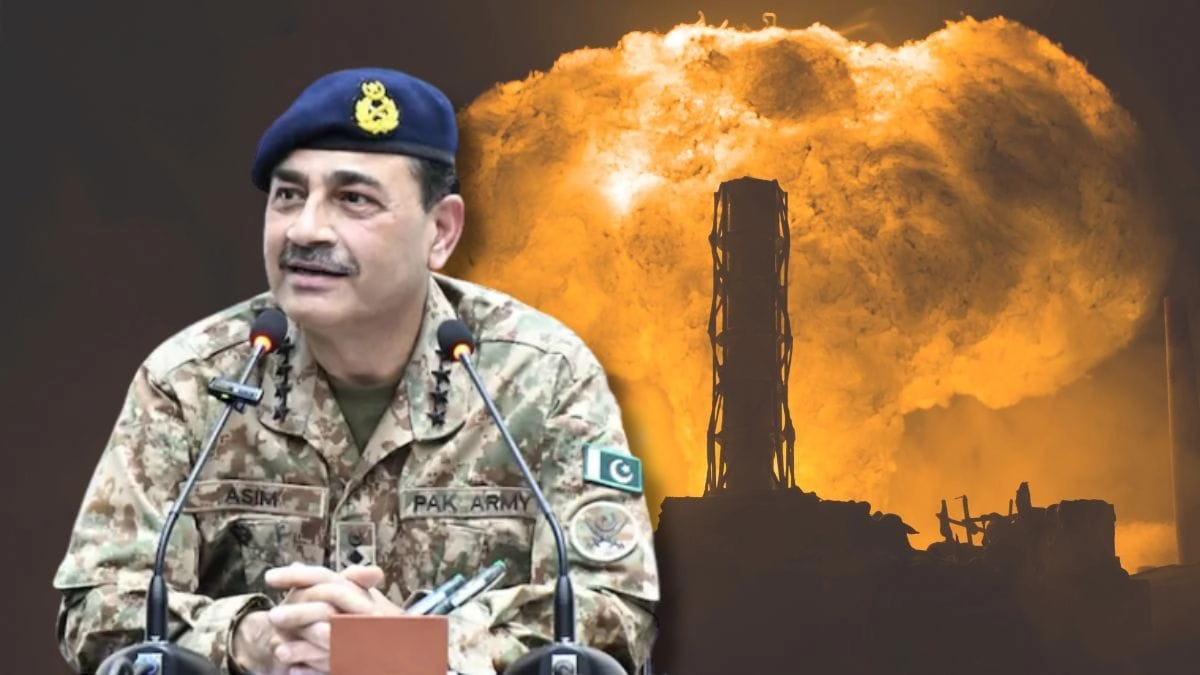India has responded strongly to recent comments made by Pakistan’s Chief of Army Staff, General Asim Munir, regarding the use of nuclear weapons. The Indian government characterized these remarks as a typical example of Pakistan’s long-standing practice of nuclear sabre-rattling. This term refers to the aggressive signaling of military power, which, in Pakistan’s case, often involves the threat of nuclear capabilities as a means of deterrence and influence in the region. India’s critique highlights the perceived recklessness of such statements, suggesting that they contribute to regional instability and elevate the risk of conflict between the two nuclear-armed neighbors.
The Indian government emphasized that Pakistan’s rhetoric surrounding its nuclear arsenal is not only alarming but also serves to distract from its internal challenges and ongoing economic issues. By focusing on military threats, Pakistan seems to be diverting attention from pressing social and economic concerns. India’s response underscores the importance of addressing regional security through dialogue and cooperation rather than through fearmongering and militarization. The Indian Ministry of External Affairs issued a statement calling for Pakistan to engage in constructive discourse rather than resorting to threats that could escalate tensions.
Moreover, India’s position reflects a broader concern about the strategic dynamics in South Asia, where both countries have historically been embroiled in conflict. The rhetoric surrounding nuclear weapons can have profound implications for peace and security in the region. India’s commitment to maintaining a credible minimum deterrent, coupled with diplomatic engagement, contrasts sharply with Pakistan’s approach, which often relies on aggressive posturing to assert its stance. This difference in strategy highlights the complexity of the geopolitical landscape in South Asia, where both nations must navigate their interactions with caution to avoid miscalculations that could lead to disastrous consequences.
Ultimately, the exchange between India and Pakistan regarding nuclear capabilities is a reminder of the delicate balance of power in the region. Both nations possess significant military assets, and the potential for escalation remains a critical concern for regional and global stability. As such, dialogue and confidence-building measures will be essential in mitigating tensions and fostering a more peaceful coexistence. The international community also plays a vital role in encouraging both nations to move towards a more constructive engagement, rather than allowing nuclear rhetoric to dominate the discourse in South Asia.




